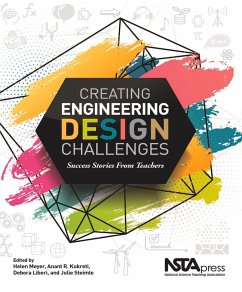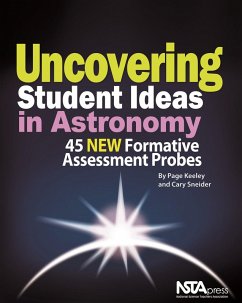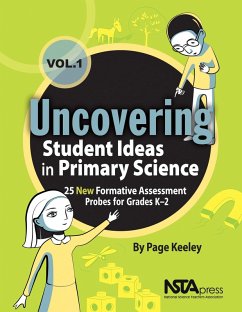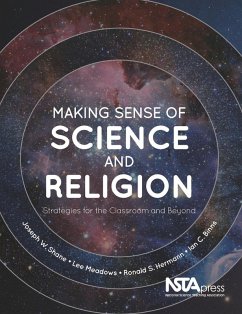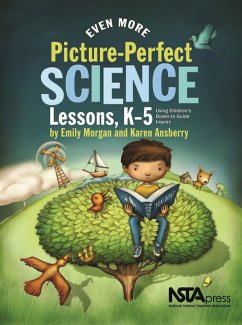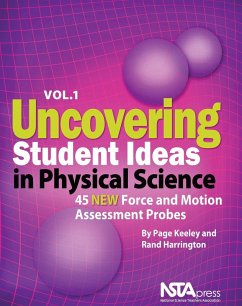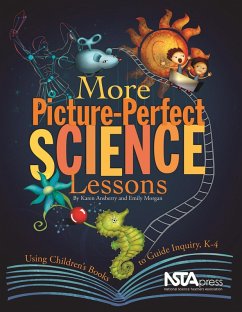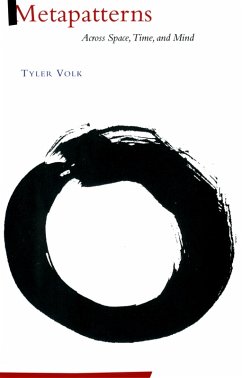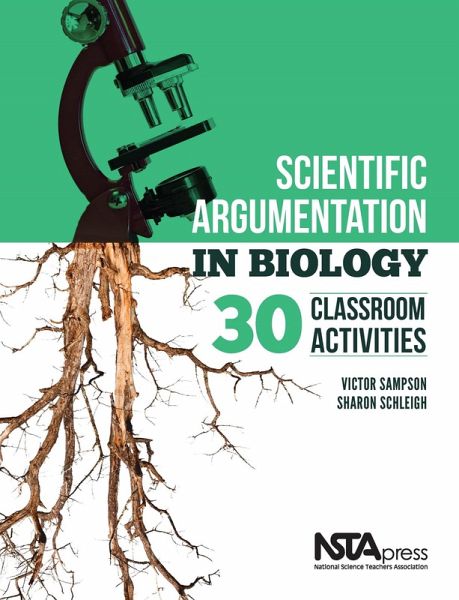
Scientific Argumentation in Biology (eBook, ePUB)
Versandkostenfrei!
Sofort per Download lieferbar
36,95 €
inkl. MwSt.
Weitere Ausgaben:

PAYBACK Punkte
18 °P sammeln!
"Individuals who are proficient in science should be able to understand the language of science and participate in scientific practices, such as inquiry and argumentation. Empirical research, however, indicates that many students do not develop this knowledge or these abilities in school. One way to address this problem is to give students more opportunities to engage in scientific argumentation as part of the teaching and learning of science. This book will help teachers with this task." -Authors Victor Sampson and Sharon Schleigh Develop your high school students' understanding of argumentat...
"Individuals who are proficient in science should be able to understand the language of science and participate in scientific practices, such as inquiry and argumentation. Empirical research, however, indicates that many students do not develop this knowledge or these abilities in school. One way to address this problem is to give students more opportunities to engage in scientific argumentation as part of the teaching and learning of science. This book will help teachers with this task." -Authors Victor Sampson and Sharon Schleigh Develop your high school students' understanding of argumentation and evidence-based reasoning with this comprehensive book. Like three guides in one, Scientific Argumentation in Biology combines theory, practice, and biology content. It starts by giving you solid background in why students need to be able to go beyond expressing mere opinions when making research-related biology claims. Then it provides 30 thoroughly field-tested activities your students can use when learning to: .propose, support, and evaluate claims; .validate or refute them on the basis of scientific reasoning; and .craft complex written arguments. Detailed teacher notes suggest specific ways in which you can use the activities to enrich and supplement (not replace) what you're doing in biology class already. Scientific Argumentation is an invaluable resource for learning more about argumentation and designing related lessons. You'll find it ideal for helping your students learn standards-based content; improve their biological practices; explain, interpret, and evaluate evidence; and acquire the habits of mind to become more proficient in science.
Dieser Download kann aus rechtlichen Gründen nur mit Rechnungsadresse in A, B, BG, CY, CZ, D, DK, EW, E, FIN, F, GR, HR, H, IRL, I, LT, L, LR, M, NL, PL, P, R, S, SLO, SK ausgeliefert werden.




